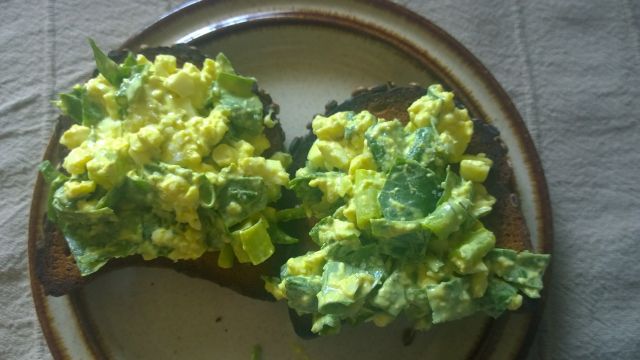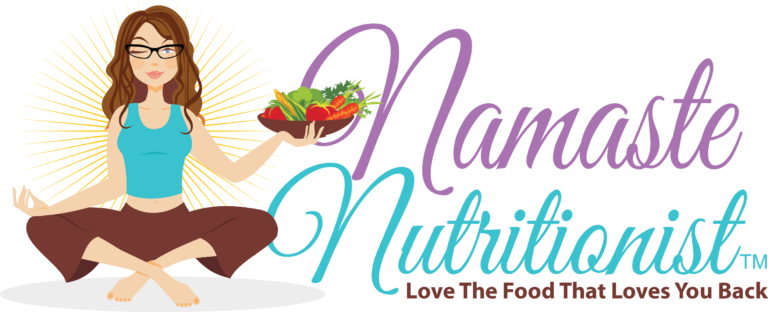If like to learn, value using your brain in your work, or trying to support growing kids who need all the brain boost they can get, this post is for you. Choline is making a buzz around the public health hive for good reason. Your body needs it to support a healthy brain and memory; to promote normal cellular activity; to allow for nutrient transportation; and to maintain a healthy liver. Fewer than 9 percent of Americans are meeting the minimal recommendations for choline. It is especially important for pregnant and breastfeeding women because it can help reduce the risk of some neural tube defects.
Choline deficiency can be hard on your brain
Cell membranes and neurotransmitters need it. It is vital for early brain development, even helping improve mental health for the developing fetus. Nerves communicate with it. It even plays a role in learning and memory. Memory loss and dementia may be indicators of choline deficiency, though more research is needed. Deficiency can cause muscle damage.

Boost your brain power with 2 eggs and toast at breakfast. This power combo helps learning and memory.
Inadequate Choline intake can harm your liver
Without adequate dietary intake of choline, there is a higher risk of fatty liver disease, chronic liver damage, and eventual failure of this organ. Choline is vital in forming very low density lipoprotein (VLDL) in the liver, which helps transport fat from that organ to cells throughout the body. Although VLDL is considered a “bad” form of cholesterol because high levels indicate an abundance of circulating triglycerides, if VLDL levels fall too low, fat will begin to accumulate in the liver.
In rats, dietary choline deficiency has been associated with an increased incidence of liver cancer.
Other specific benefits to choline
- Pregnancy and Lactation: The demand for choline during pregnancy and lactation increases because maternal stores are supplying fetal and infant choline. Human milk is known as a rich source of choline, making breastfeeding all the more important for babies.
- Memory Development: Research shows that supplementing with choline during critical periods of fetal development can result in positive, long-term effects on the child’s memory.
- Learning: Egg yolks combined with a carb (fruit or whole grains) support concentration and learning. Egg yolks offer the choline. Carbohydrates provide acetyl. The two together make acetylcholine. This combination makes a neurochemical that aids in memory processing. After a long night’s fast, acetylcholine can be rapidly depleted. So the best time of day to eat this egg + carb combination is at breakfast.
- Heart Disease and Inflammation: Research has demonstrated that diets rich in choline, and it’s relative betaine, lower concentrations of multiple inflammatory markers, such as homocysteine, interleukin-6, C-reactive protein (CRP), and tumor necrosis factor. This is significant for heart health and anti-inflammatory benefits.
What are the food sources for choline?
Glad you asked. Some excellent sources begin with eggs and – wait for it – liver.
Liver is an excellent source of choline and easily absorbed fat-soluble nutrients. (I recommend sourcing it from very well-raised animals only.) Since most Americans haven’t acquired the taste for liver, you might be more interested in alternative options.
Just by increasing the number of eggs you eat, you could nearly double your choline intake.
Here is the choline content in several common foods:
- Egg, 1, 110 mg
- Chicken, 3 oz, 67 mg
- Salmon, 3 oz, 58 mg
- Soybeans, 1/2 cup, 41 mg
- 2% milk, 1 cup, 40 mg
- Broccoli, 1/2 cup, 31 mg
- Wheat Germ, 2 Tbsp, 27 mg
- Milk Chocolate, 44g, 20 mg
- Bacon, 2 slices, 20 mg
- Peanut butter, 2 Tbsp, 20 mg
- Liver
Additional sources of choline-rich plant-based foods include collard greens, Brussels sprouts, broccoli, Swiss chard, cauliflower, peanut butter, and asparagus.

Happy Choline Producers (I found these cuties on a farm in New Hampshire, but they may as well be in anyone’s backyard.)
Special considerations
Eggs:
Vegetarians and vegans:
How much choline does an adult need?
The National Academy of Sciences established the following Adequate Intake (AI) levels:
- men, 550 mg
- women, 425 mg
- pregnant females, 450 mg (Two large eggs would provide about 55% of the adequate intake (AI) for a pregnant woman.)
- breastfeeding women, 550 mg
Too much choline?
Yes, you can also get too much. The tolerable upper intake level (UL) for adults is 3,500 mg/day. Eating above 7,500 mg/day has been associated with hypotension, fishy body odor, sweating and gastrointestinal side effects.
Your thoughts and feedback
Are you eating enough choline? Based on the foods listed, do you think you’ll work on increasing choline in your diet or add a supplement? I’d love to hear how you’re getting (or plan to get) this essential nutrient into your tummy on a regular basis.



8 responses to “Boost your brain, heart and liver with choline”
Who knew … not me. Thanks for sharing this important information. Glad I like brussels sprouts, broccoli, cauliflower, peanut butter, and asparagus!
Eat ’em up, Cindy! Your brain is sharp . . . let’s keep it so! =0)
Standard Process is good with that kind of stuff
https://www.standardprocess.com/Products/Standard-Process/Choline#.WijPwFWnF0w
Can a Namaste Nurtitionist carry such things?
Sure, supplements are great when someone is falling short in their diet, or their gut absorption, and can’t make it up with food alone. =0)
Eggs, chocolate, chicken, and peanut butter? Count me in!
You had me at eggs, chocolate and peanut butter! ;0)
Great article! Interestingly, even eating what I felt was a choline focused diet, (luckily I’d been introduced to the importance of choline years ago, so I eat eggs, chicken, salmon,almonds, garbanzo beans,& tons of leafy greens) I used an online calculator (like http://nutritiondata.self.com/foods-000144000000000000000-1w.html) to see how much choline I was getting on a given day based on what I was actually eating, and I still fell short (which I knew was possible)! So, I take a choline supplement in addition to making sure I eat foods where choline is naturally occurring.
Hey Jessica, good job on doing such an indepth assessment of yourself. To add to it, we aren’t able to know exact amounts of choline in foods anyways because it varies based on how a food was produced. Complicating that is the matter of how well we absorb and utilize choline, which is very individual. Plus, if there are any health issues that benefit from add’l choline, our needs for it would be greater. So, supplementing is something people may actually find beneficial. Liver contains a lot of choline, but most people just find liver to be too off-putting to consume it (I’m in that category).